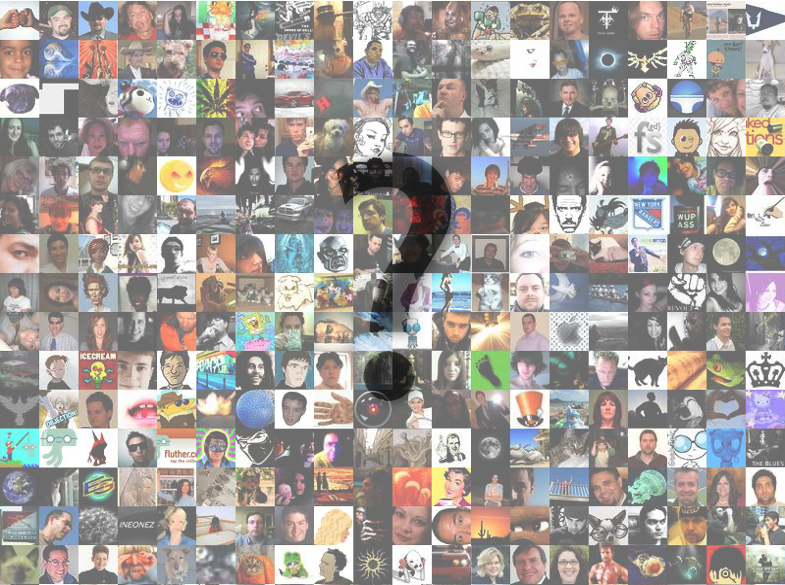Members of Generation Z ("Gen Z") were born between 1995 and 2010.
Early Talent Curation and Acquisition:
focused on your future talent requirements.
Inadequate Preparation for Work
Fewer than 1 in 2 older students feel prepared for the world of work. They use words like "anxious", "uncertain" and "overwhelmed" to describe their feelings about entering the labour market. The reality is that too many students are not sufficiently employable creating a significant burden that employers must bear to close the gap between what they need and what they get.
Emerging and Fluid Talent Requirements
Business models change in response to advancing technologies, changes in customer requirements, macro and micro economic pressures and changes. What your business needs for talent today will likely not be what your business will require four or six years from now. Your future employees are in university now. Now is the time to start engaging them.
Peer Engagement - Social Networks
Your future employees, even the talent that you are acquiring today, trusts peers and near peers that they engage with in a social networking environment. You really have no choice but to engage talent where it is ... which is online.
Recruiting for Internship and Placement
Internships and Placement Year Engagements are powerful tools for curating talent with which your company has established an early engagement.
Universities Can't Be Expected to Insure Employability
The OECD PISA "Dream Jobs?" report published in January 2020 shows that Gen Z's horizons for their careers are worryingly narrow - it is jobs with origins in the 20th century or earlier that are by far most attractive to them. This is particularly true for those from a disadvantaged background.
As they leave education and start their working lives, Gen Z face many of the same problems as Gen Y. They find it hard to decide what the first step in their career should be, how to take this first step and then make rapid progress.
Despite their status as digital natives and their knowledge and use of social networks, when it comes to professional networking Gen Z's competence doesn't extend to making the kind of contacts they need.
Gen Z say that they want one to one support to help them to navigate career decisions. They feel comfortable having many ways to be themselves, but authenticity and truth are essential for them; more than any generation before them, ethical personal identity is non-negotiable.
Gen Zers don't define themselves through only one stereotype; instead, they seek to experiment with different ways of being themselves and to shape their individual identities over time. McKinsey & Co call them “identity nomads.”
Shaping the future - inferentially
-
Widening horizons
Inferential Futures creates unique individual profiles that grow with the user, reflecting changing skills, values and knowledge. Users are empowered to explore future career identities, understanding how these reflect their core values and aspirations and where they can create value for themselves and others.
-
Making connections
Inferential Futures introduces each user to opportunities to expand their professional network, online and offline, helping them to find those people and organisations that will feed and nurture their ambitions. Connections become mentors, communication generates meaning.
-
Providing answers
Inferential Futures provides powerful insights with a light touch, drawing on massive datasets covering future employment and economic prospects and more across all sectors and in multiple markets.
-
Reducing friction
The Inferential Futures user experience is designed to meet the expectations of digital natives, seamlessly connecting real and digital professional worlds.

